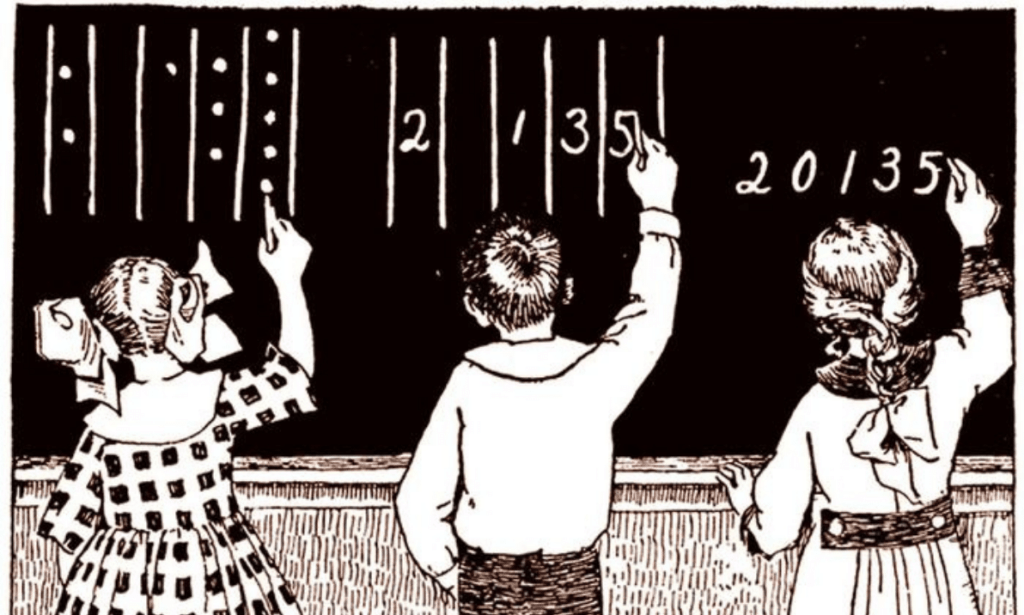It is no surprise that the eviction of innocent families from Sheikh Jarrah was both a shock and a source of anger and frustration to many, including myself. After seeing graphic illustrations of young children being killed or watching their parents being killed, witnessing young men being shot down in the middle of praying or even a young woman’s hijab being snatched off, I was angry at each and every sight. Angry at what’s happening, but more so, frustrated that in truth this anger served nothing in going back in time to erase what had happened.
I felt that this anger should be felt by anyone, not just me. I felt that anyone seeing a young boy on his knees in tears because of the brutal death of his father would share this anger just the same. I felt that anyone witnessing another father being taken down by Israeli police and being stripped off his dignity and basic right to depict a protective image to his children would also experience this very frustration. But I was wrong.
I was scrolling through Instagram, and it was then that this entitlement to feel angry hit me differently. It was a video of radical Jews celebrating and chanting at Al Aqsa Mosque, while it was on fire. My initial reaction was “how could anyone be okay with such cruelty?” I just didn’t get it. I didn’t get how an obvious violation of the most basic human rights can be approached with celebration, laughter, and ease. Even though my anger felt righteous, I knew that it was not enough on its own.
Of course, the natural reaction would be to scrutinize and hate those who can’t find it in them to empathize with people who have been wronged for too long. The normalized reaction would have been to dwell into my hate and scrutiny for those who have found joy in the unjustified pain of others. But the more I experienced my anger while watching that video, the more I related to those in it differently. It was then when I asked myself, what does it take for something so inhumane to be experienced with such happiness? And it was also then when I realized, we are not all meant to react and perceive occurrences in the same way, despite how “obvious” that reaction and perception may be.
Sure, it was despicable to me that the murder of innocent mothers, fathers, sisters, brothers, and children, was met with dancing, singing, and laughter. Sure, I was confused and disgusted. But I realized that my frustration was not enough, that it had to be accompanied with an understanding of how something so horrible can be seen and regarded in such a positive light.
When a group of young children in an Israeli school were asked “How do you see Jerusalem in the next 10 years?”, one boy answered “everybody will be a religious Jew..and there will be Arabs, but they will be slaves”, with a smile on his face.
If a country is teaching its children to hate someone from the day they were born, all the way through their schooling and upbringing, how can we expect them to think or feel any differently?
If a country makes those who stand up for Palestinian rights to be traitors of their own country, how can we expect them to ‘rebel’?
After all, if we are not taught to think for ourselves, how can we be completely responsible for our own modes of thinking?
So when I watched that video again, sure, I was still angry and heartbroken that there was a place in the world where humanity had failed us. But that anger and heartbreak was matched with empathy and understanding. I knew that it was not okay, I did not accept it either, but it was crucial to understand the grounds on which such a level of indecency can be accepted by anyone. It was then that I also realized that we must not blindly indulge in our emotions and thoughts without understanding where they come from and who contributed to them. We must fully realize that the way we speak, feel, and express ourselves, carries weight in this world. A post shared is an idea evoked. And therefore, we must do our best to question and be aware of how our personal limitations and biases interfere with the authenticity of the experiences we share. That way, whatever we stand for, agreeable or not, is a product of our own values not the ones of others. And more importantly, that way, whatever claims we make are ones that have been reached mindfully. That way, whatever ideas we choose to defend, are not ones that have been stripped of their right to intellectual integrity.



